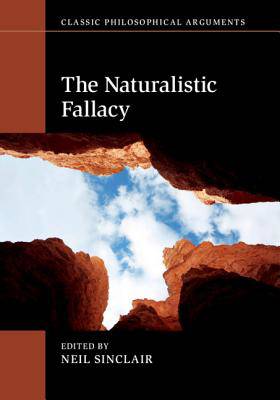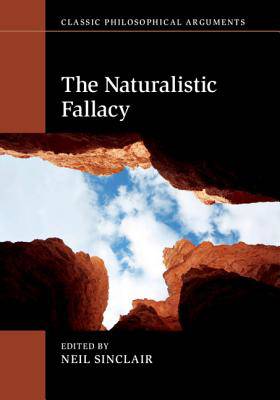
- Afhalen na 1 uur in een winkel met voorraad
- Gratis thuislevering in België vanaf € 30
- Ruim aanbod met 7 miljoen producten
- Afhalen na 1 uur in een winkel met voorraad
- Gratis thuislevering in België vanaf € 30
- Ruim aanbod met 7 miljoen producten
Zoeken
Omschrijving
At the turn of the twentieth century, G. E. Moore contemptuously dismissed most previous 'ethical systems' for committing the 'Naturalistic Fallacy'. This fallacy - which has been variously understood, but has almost always been seen as something to avoid - was perhaps the greatest structuring force on subsequent ethical theorising. To a large extent, to understand the Fallacy is to understand contemporary ethics. This volume aims to provide that understanding. Its thematic chapters - written by a range of distinguished contributors - introduce the history, text and philosophy behind Moore's charge of fallacy and its supporting 'open question' argument. They detail how the fallacy influenced multiple traditions in ethics (including evolutionary, religious and naturalistic approaches), its connections to supposed dichotomies between 'is'/'ought' and facts/values, and its continuing relevance to our understanding of normativity. Together, the chapters provide a historical and opinionated introduction to contemporary ethics that will be essential for students, teachers and researchers.
Specificaties
Betrokkenen
- Uitgeverij:
Inhoud
- Aantal bladzijden:
- 294
- Taal:
- Engels
- Reeks:
Eigenschappen
- Productcode (EAN):
- 9781107168794
- Verschijningsdatum:
- 6/12/2018
- Uitvoering:
- Hardcover
- Formaat:
- Genaaid
- Afmetingen:
- 188 mm x 254 mm
- Gewicht:
- 635 g

Alleen bij Standaard Boekhandel
+ 288 punten op je klantenkaart van Standaard Boekhandel
Beoordelingen
We publiceren alleen reviews die voldoen aan de voorwaarden voor reviews. Bekijk onze voorwaarden voor reviews.







